
Member of the Board of Directors
Director of the Leibniz Institute for the German Language in Mannheim
E-Mail: lobin (at) ids-mannheim.de
Homepage of Henning Lobin


Member of the Board of Directors
Director of the Leibniz Institute for the German Language in Mannheim
E-Mail: lobin (at) ids-mannheim.de
Homepage of Henning Lobin
Since January 2019, Michael Wiegand is the new group leader of the research Area A “Natural Language Processing & Annotation Science”.
Before that, Michael Wiegand worked as a postdoctoral researcher of the Spoken Language Systems Group at Saarland University. Between 2016 and 2018 he has already published several publications in close cooperation with the LiMo (see publication list).
We are very glad to have him in our team!
Homepage of Michael Wiegand
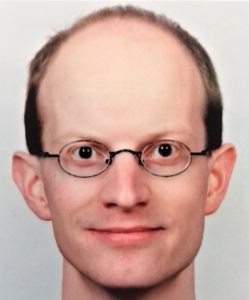
Research Group Leader (till December 2019)
E-Mail: wiegand (at) ids-mannheim.de
Homepage of Michael Wiegand
On November 10, Anette Frank gave an invited talk at the Event Semantics Workshop 2018 (EvSem 2018, 9./10.11.2018), organized by HULC Lab at the Mathematikon in Heidelberg. She presented new work on “Resolving Abstract Anaphors in Discourse — Uphill Battles with Neural Networks and Automatic Data Generation”.
On October 22, at 18:15, Maria Becker will give a public talk at the Interdisciplinary Forum of Digital Textual Sciences (InFoDiTex) with the title “Detecting Controversial Concepts within Discourses Using Quantitative Methods”.
Abstract:
We investigate a corpus of 72.000 German newspaper articles on climate change by applying quantitative methods such as keyword analysis or semantic tagging in order to find controversial topics and concepts. Our approach is divided into four steps with varying granularity: (a) Detecting Central Topics, (b) Detecting Central Subtopics, (c) Detecting Controversial Topics & Concepts and (d) Detecting Central Controversial Texts. Our contributions are twofold: (1) We reveal interesting insights into central controversial topics, actors, foci and points of view and styles of discussion and (2) we suggest a method for detecting Controversial Concepts within Textual Corpora using quantitative methods which we consider to be applicable to any other kind of discourse.
For more information, see here.
The paper “Distinguishing affixoid formations from compounds” by Josef Ruppenhofer, Michael Wiegand, Rebecca Wilm and Katja Markert received the Best Paper Award in the category “Best linguistic analysis” at COLING 2018 , which will take place in Santa Fe, New Mexico.
The paper will be presented on Friday, August 24, 2018 (see COLING 2018 – Conference program).
We congratulate the authors for their excellent work.
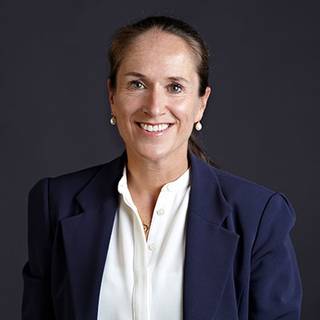 Prof. Dr. Beatrix Busse Vice-Rector for Teaching and Studies University of Cologne |  Prof. Dr. Anette Frank Professor for Computational Linguistics ICL, Heidelberg University Co-Speaker of the Board of Directors |
 Prof. Dr. Henning Lobin Director of the IDS, Mannheim | 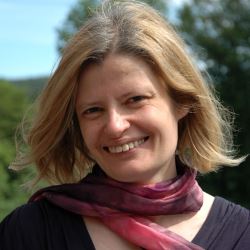 Prof. Dr. Katja Markert Managing Director of the ICL ICL, Heidelberg University |
 Prof. Dr. Andreas Witt Head of the Digital Linguistics Department IDS, Mannheim Speaker of the Board of Directors | 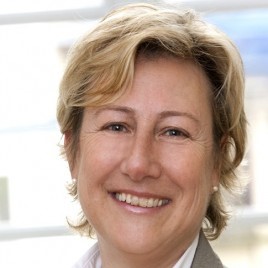 Prof. Dr. Angelika Wöllstein Head of the Grammar Department IDS, Mannheim |
Former member of the Board of Directors
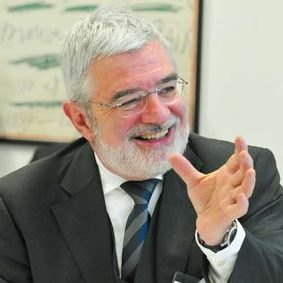 Prof. Dr. Dr. h. c. Ludwig M. Eichinger Former Director of the IDS, Mannheim |
Principal Investigators
 Prof. Dr. Anette Frank Co-Speaker of the Board of Directors ICL, Heidelberg University |  Prof. Dr. Katja Markert Member of the Board of Directors ICL, Heidelberg University |  Prof. Dr. Andreas Witt Speaker of the Board of Directors IDS, Mannheim |
Scientific Coordinator
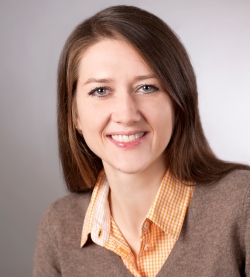 Dr. Antonina Werthmann (till May 2020) IDS, Mannheim |
Research Group Leaders
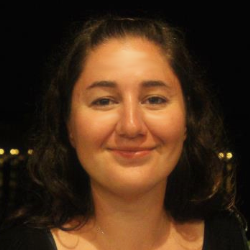 Dr. Vivi Nastase (till August 2019) ICL, Heidelberg University | 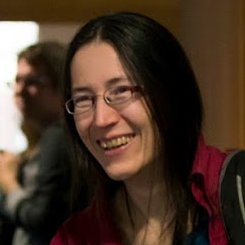 Dr. Ines Rehbein (till August 2019) IDS, Mannheim |  Dr. Michael Wiegand (till December 2019) IDS, Mannheim |
Doctoral Students
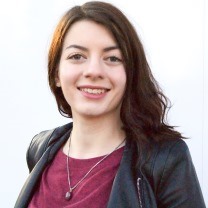 Esther van den Berg (till May 2020) IDS, Mannheim |  José Angel Daza Arévalo (till November 2020) IDS, Mannheim |
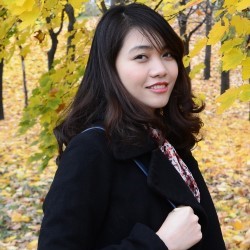 Bich-Ngoc Do (till December 2019) IDS, Mannheim | 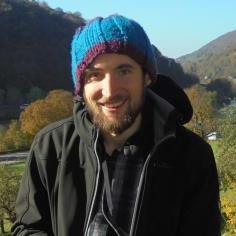 Juri Opitz (till August 2019) ICL, Heidelberg University |
Doctoral student of the LiMo associated project
“Between the lines – Knowledge-based Analysis of Argumentation in a formal Argumentation Inference System”
 Maria Becker ICL, Heidelberg University |
Former Members of LiMo
Juri Opitz joined the LiMo team on April 1, 2018.
Our newest member completed his Bachelor of Arts in Computational Linguistics at University of Heidelberg. His research interests lie in the fields of Semantics, Knowledge Graphs and NLP for historic texts.
He will be part of the research Area C “Applications in empirical linguistics & Digital Humanities”.
We are very pleased to welcome him on our team!
Homepage of Juri Opitz